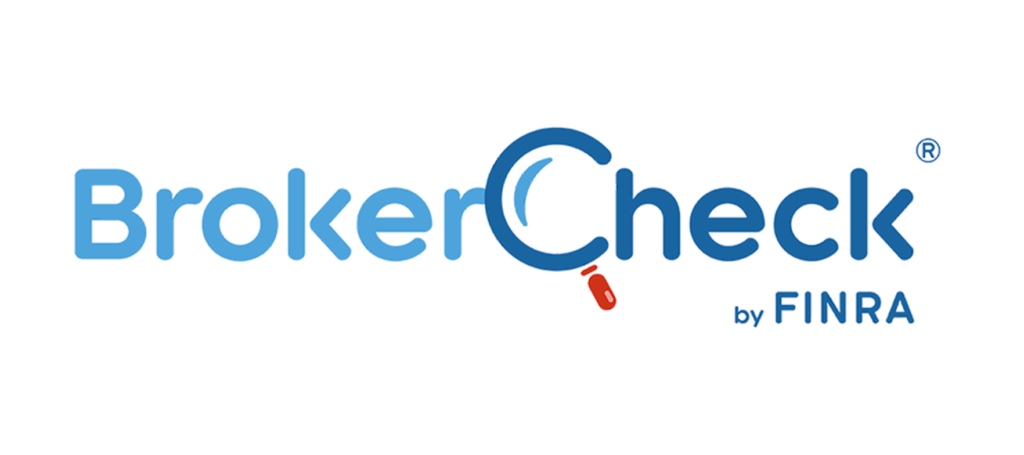- Personal
- Business
- Insurance
- Financial Management
- About
BUDGETING, MONEY MANAGEMENT, STUDENT BANKING

As a teenager, you may still be living at home. But as adulthood approaches, it’s important to make sure you have the financial know-how you’ll need to avoid costly mistakes when it comes to managing your own money.
As you start to gain financial independence, such as working your first job and preparing to live on your own, you should seek out strategies and tools that will improve your money management skills before you learn these lessons the hard way.
Here are five money tips for teens to help you accelerate your learning curve and enter adulthood with a good financial head on your shoulders.
Don’t wait until you’re living on your own to establish accounts with a local bank. Set up a checking and savings account and learn the basic functions of these accounts, such as writing checks, making debit charges, and exploring online bill pay and other key features.
Opening checking and savings accounts can help you establish a relationship with a local financial institution, while also familiarizing yourself with two of the most important financial tools you will ever use.
Money management apps are an excellent resource to help you track your income, set spending budgets, and identify trends in your spending behavior.
With these money management apps, you can practice the habits of better money management and track your progress over time.
Similar to money management apps, you have many different options when it comes to micro-investing platforms and other savings tools that leverage technology to build toward savings goals.
These tools can range from mobile apps like Acorns to programs offered through your financial institution, such as Pocket Change. You’re likely operating on a small, fixed income, but these tools will make it easy for you to make savings contributions, even with limited expendable income.
Opening a checking or savings account is great for developing a financial history. But these accounts don’t help you build credit. There are other steps you need to take to start building a positive reputation that contributes to a higher credit score—which will come in handy when it’s time to take out student loans, finance a car purchase, and even buy a home.
The first step is to make on-time payments for any bills you may have, such as your cell phone if your plan is separate from your parents’. If you’ve financed a car purchase with your parent or guardian as a co-signer, making regular payments can help you build a strong credit history.
Another simple way to build credit is to open a starter credit card that has a low spending limit. Credit card fees and interest can pile up quickly, so make sure you’re keeping an eye on your spending. One way to avoid worrying about overspending is to only use your credit card for one or two spending categories per month, such as getting gas. It’s also smart to set up automatic payments to ensure your balance is paid off in full every month.
Wondering how you can improve your credit score? Here are our top five tips for building up your credit:
As you look ahead to your college years and adult life, it is important to be mindful of the hazards of using credit cards and student loan debt to fund your lifestyle. These financial tools make it easy to spend money carefree in the moment, but if you’re not careful, you could dig a deep financial hole that takes years to climb out of—and accrue significant interest along the way.
Use our Debt Calculator to see how the long-term cost of debt may play out over time. Borrow money only in essential situations, and don’t make credit card charges you can’t fully pay off.
As a teenager, you may just be starting to come into financial independence, but you have plenty of opportunities to improve your money management skills and develop healthy financial habits that will benefit you for the rest of your life.
Build a better financial future with the How to Save Money in College Handbook

© 2025 FSCB - All rights reserved Bank NMLS 412605 Backed by the full faith and credit of the U.S. Government. First State Community Bank is not registered as a broker-dealer or investment advisor. Investment products and services are offered by First State Financial Management through the registered broker-dealer NBC Securities. Any products and services offered by FSCB are separate and distinct from those offered through NBC Securities.


FDIC-Insured - Backed by full faith and credit of the U.S. Government

© 2025 FSFM - All rights reserved Securities and advisory services offered through NBC Securities, Inc., a Registered Investment Advisor. Member FINRA/SIPC. FSFM is a subsidiary of First State Community Bank. The FSFM name is used by certain employees of First State Community Bank who offer securities, advisory and insurance products and services through NBC, Securities, Inc. NBC Securities, Inc., is under separate ownership from any other named entity. Not Bank Guarantee ▪ May Lose value ▪ Not a Bank Deposit ▪ Not insured by FDIC or Any Other Government Agency NBC Securities, Inc., Client Relationship Summary

%201.png)
Copyright © 2025 First State Insurance Agency, Inc First State Insurance Agency is an affiliate of First State Community Bank due to common ownership. Not a deposit, not FDIC insured, not insured by any government agency, not bank guaranteed and may decrease in value.

